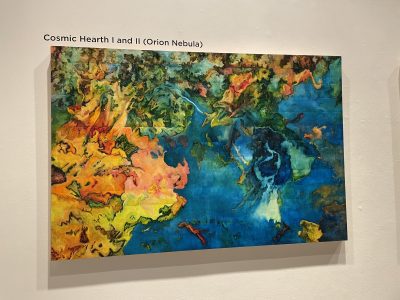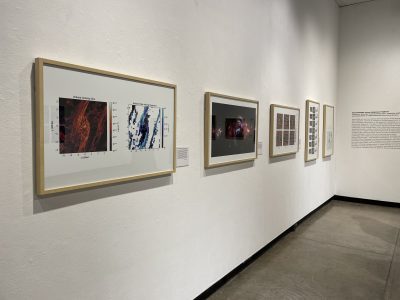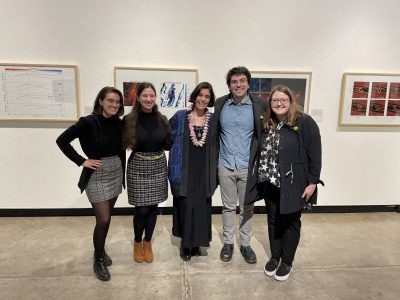The University of Connecticut, Department of Physics, is proud to announce that on October 20, 2023, Gérard Mourou, professor and member of Haut Collège at the École Polytechnique and A. D. Moore Distinguished University Professor Emeritus at the University of Michigan and 2018 Nobel Prize winner, will be presenting the 25th Distinguished Katzenstein Lecture.
For the details of the lecture, see Physics Events Calendar
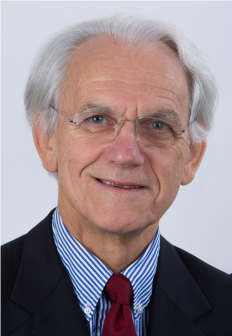 Gérard Mourou received his undergraduate education at the University of Grenoble (1967) and his Ph.D. from University Paris VI in 1973. He has made numerous contributions to the field of ultrafast lasers, high-speed electronics, and medicine. But, his most important invention, demonstrated with his student Donna Strickland while at the University of Rochester (N.Y.), is the laser amplification technique known as Chirped Pulse Amplification (CPA), universally used today. CPA revolutionized the field of optics, opening new branches like attosecond pulse generation, Nonlinear QED, and compact particle accelerators. It extended the field of optics to nuclear and particle physics. In 2005, Prof. Mourou proposed a new infrastructure, the Extreme Light Infrastructure (ELI), which is distributed over three pillars located in the Czech Republic, Romania, and Hungary. Prof. Mourou also pioneered the field of femtosecond ophthalmology that relies on a CPA femtosecond laser for precise myopia corrections and corneal transplants. Over a million such procedures are now performed annually. Prof. Mourou is a member of the U.S. National Academy of Engineering, and a foreign member of the Russian Science Academy, the Austrian Sciences Academy, and the Lombardy Academy for Sciences and Letters. He is Chevalier de la Légion d’honneur.
Gérard Mourou received his undergraduate education at the University of Grenoble (1967) and his Ph.D. from University Paris VI in 1973. He has made numerous contributions to the field of ultrafast lasers, high-speed electronics, and medicine. But, his most important invention, demonstrated with his student Donna Strickland while at the University of Rochester (N.Y.), is the laser amplification technique known as Chirped Pulse Amplification (CPA), universally used today. CPA revolutionized the field of optics, opening new branches like attosecond pulse generation, Nonlinear QED, and compact particle accelerators. It extended the field of optics to nuclear and particle physics. In 2005, Prof. Mourou proposed a new infrastructure, the Extreme Light Infrastructure (ELI), which is distributed over three pillars located in the Czech Republic, Romania, and Hungary. Prof. Mourou also pioneered the field of femtosecond ophthalmology that relies on a CPA femtosecond laser for precise myopia corrections and corneal transplants. Over a million such procedures are now performed annually. Prof. Mourou is a member of the U.S. National Academy of Engineering, and a foreign member of the Russian Science Academy, the Austrian Sciences Academy, and the Lombardy Academy for Sciences and Letters. He is Chevalier de la Légion d’honneur.

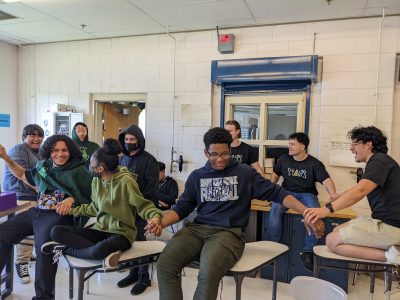
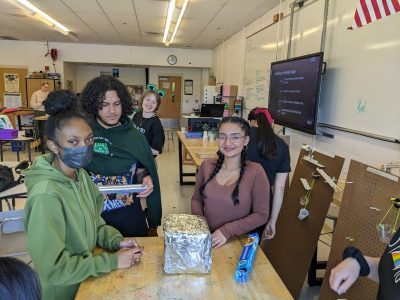
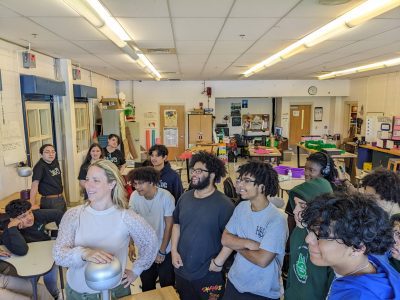
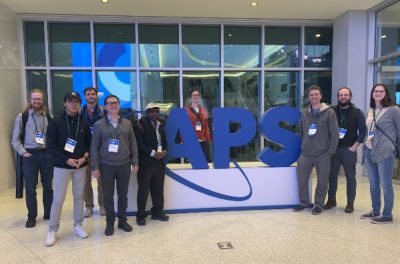
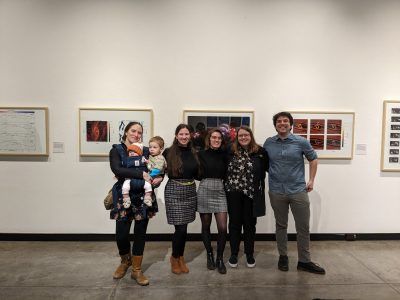 h group,
h group, 